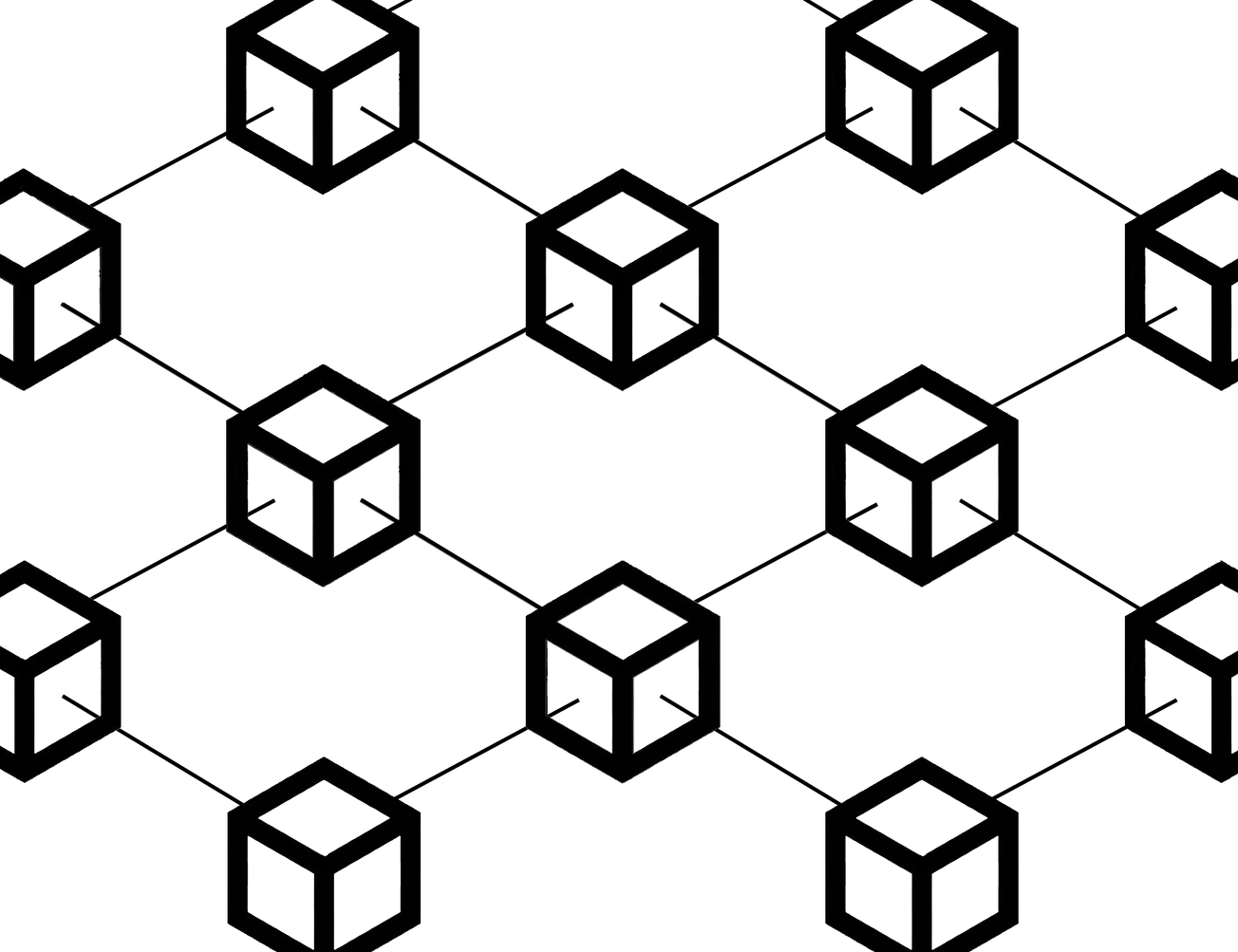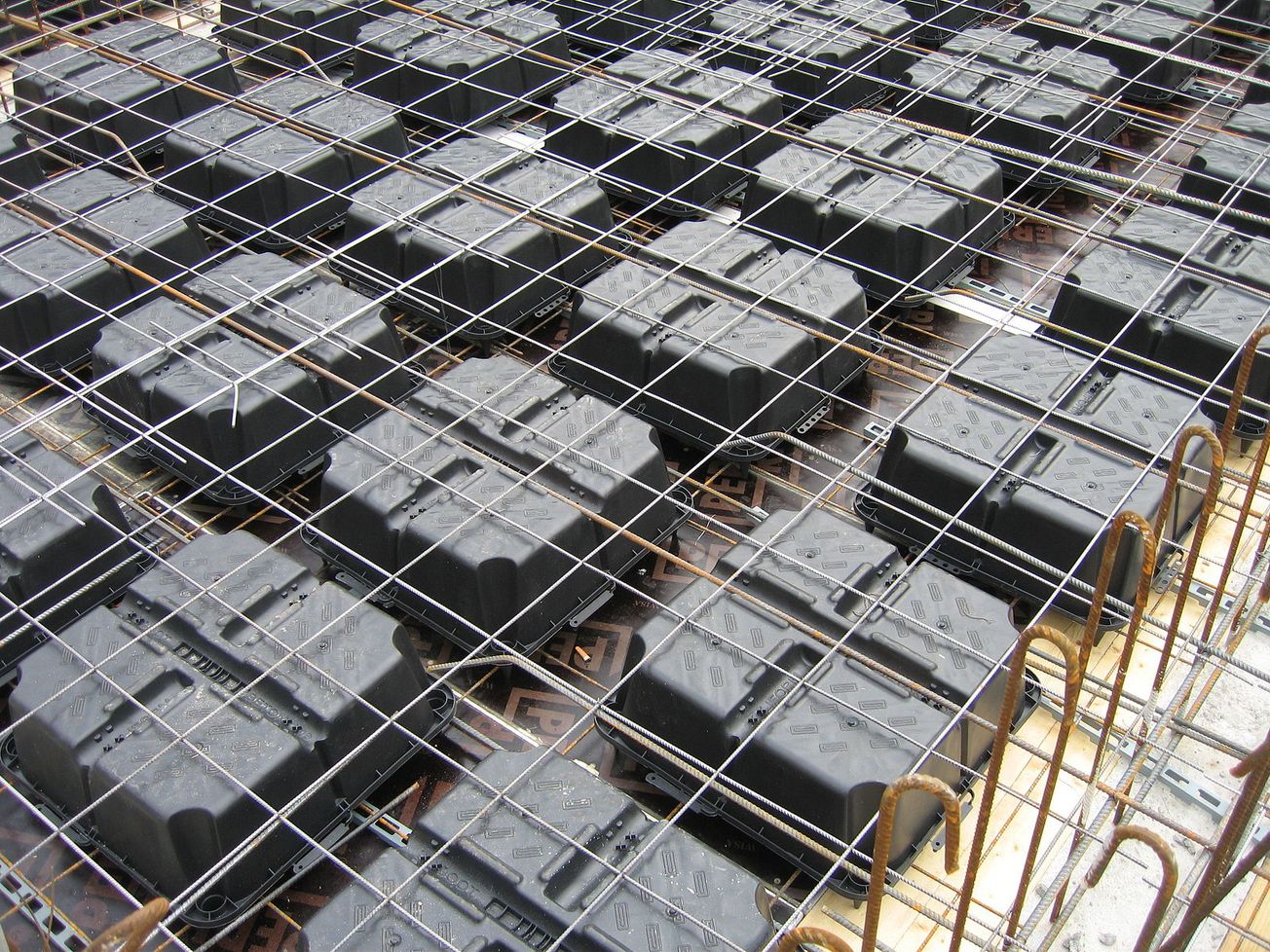Archives are powerful social, cultural, and political tools of resistance, preservation, and identity. Archives can serve as rich historical repositories of their well-documented histories in former colonizing nations, such as England, France, or the Netherlands. Archives in currently or formerly colonized nations do not typically have the same luxury or privilege. Rather, the archives of these nations not only serve as the repository of their colonized history with overt and covert narrative threads but also as living evidence of a present-day set of experiences. In formerly colonized nation states with social unrest resulting in protests and civil uprisings, creating and maintaining the archive in real-time is a crucial act of resistance. However, these archives are highly vulnerable due to numerous challenges, including government regulations, cyber warfare tactics, and telecommunications infrastructure. Digital archive assets, including images, video, and corresponding data stored online, in databases, or networked devices, are not secure and can be easily destroyed.
Blockchain technology, also known as distributed ledger technology (DLT), through its process of distributing and decentralizing data records, may provide an opportunity for creating a secure archive in these nation-states. An archive that lives not in the hands of nation-states but in the hands of the witness, the activist, and the citizen. Blockchain is a distributed database that is shared across multiple nodes within a computer network. While principally known for its applications in cryptocurrency and non-fungible tokens (NFTs), it structures data records into blocks that are linked or chained together through cryptography within a network.
Let’s look at one example wherein the repurposed use of this technology in such a capacity could be potentially valuable. Egypt, a former colony of both France and England, has had significant social unrest for decades. Beginning in 2011, this unrest manifested in the Egyptian Revolution, consisting of massive and widespread demonstrations and occupations protesting a range of systemic issues, including police brutality, lack of freedom of speech, high unemployment, and government corruption. While social media's powerful role in the revolution is well known, many critics have pointed to the lack of online security. The government is largely able to remove online content and subsequently identify the individuals or activists posting content, leaving both the data and the people vulnerable. If data cannot be safely captured and securely stored, the archive of this seminal event in Egyptian history is left in question. As such, the secure archiving of data becomes a political act of resistance.
Egypt is far from unique in this scenario. From protests in Iran and uprisings in Sudan to state-sanctioned persecution of Uyghurs in China, the list of oppressive nation-states preventing or destroying records of social unrest, protests, or other forms of civil disobedience, in the last 20 years alone is extensive and alarming. These actions underscore the pervasive challenges individuals and movements face in striving for justice, human rights, and political change in the face of systematic repression.
Oppressive nation-states persist throughout the world, and without viable technologies for preserving both the histories of oppression and the lived experiences of the oppressed – history, as it will be known in decades to come, will remain that of the oppressor.
Blockchains operate in a decentralized and irreversible manner, ensuring that data records are permanent and transparent. This level of security and transparency has led to the technology's adoption across various sectors, such as healthcare, supply chain management, real estate, and cultural heritage, despite its initial development for financial services. Considering these attributes, employing blockchain technology in archival systems for storing sensitive data in nation-states facing vulnerabilities could be a plausible solution.









